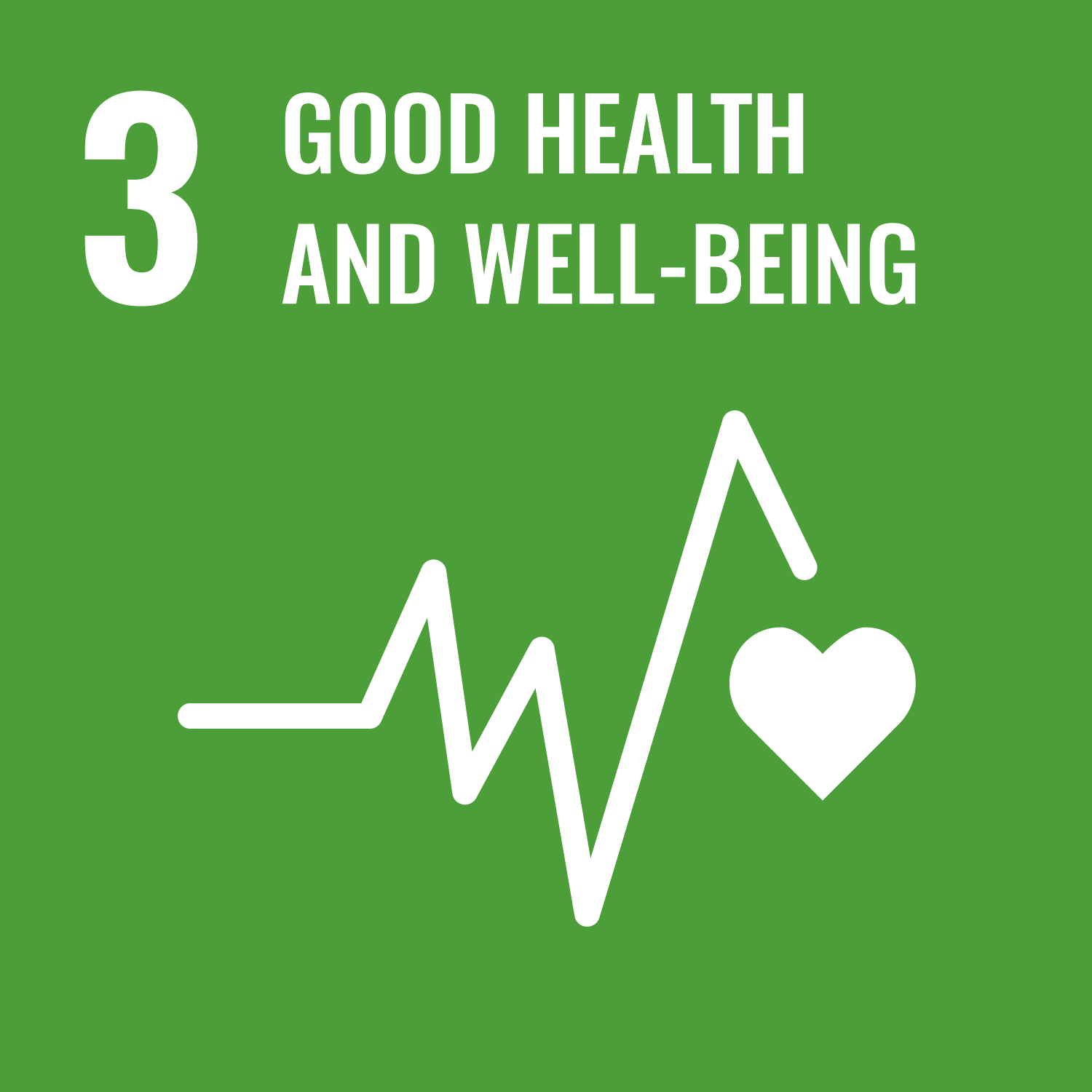SDG Detail
ANTH3022 - Gender, Sexuality and Global Health
NoneProject description
Anthropologists understand gender as the meanings that a particular society gives to the physical or biological traits that differentiate males and females. This unit will explore how cultural norms around gender and sexuality have defined, constructed, constrained, or expanded people's notions of self, their bodies, and their health in specific sociocultural contexts. The anthropological understanding of gender and sexuality, as well as health, provides a fresh lens on what appears, when viewed in terms of international politics, as 'global imperatives' - the imperative to control female sexuality and population, for example, or to categorise male and femaleness, or to control disease epidemics such as AIDS. Every one of these imperatives in fact is mediated and refracted through understandings and meanings that cling to what is most immediate and local to each of us, namely, our bodies. Anthropology understands these meanings as simultaneously symbolic, biological and existential, but the meanings are also historically and culturally specific. Gender, sexuality, and health are always mediated by the local, even as people absorb and adapt new global discourses about their sexual identity and wellbeing.
Project aims
?
Project outcome
1. Demonstrate an anthropological understanding of gender and sexuality as sociocultural constructs. 2. Articulate the ways that sociocultural norms around gender and sexuality shape health outcomes. 3. Demonstrate a critical understanding of how the intersection of culture, health and sexuality can underpin vulnerability to sexual and reproductive health problems as well as shape the implementation of government and donor policies and interventions. 4. Critically and reflexively analyse the role of global markets, rise of human capital, increased mobility and structural inequalities in creating disparities in sexual and reproductive health conditions. 5. Analyse the relationship between gender, sexuality and health in global discourses of development and international aid.
Related SDGs
The corresponding sustainable development goals correlated with this project. You you click the icon to link to SDG category description page.









